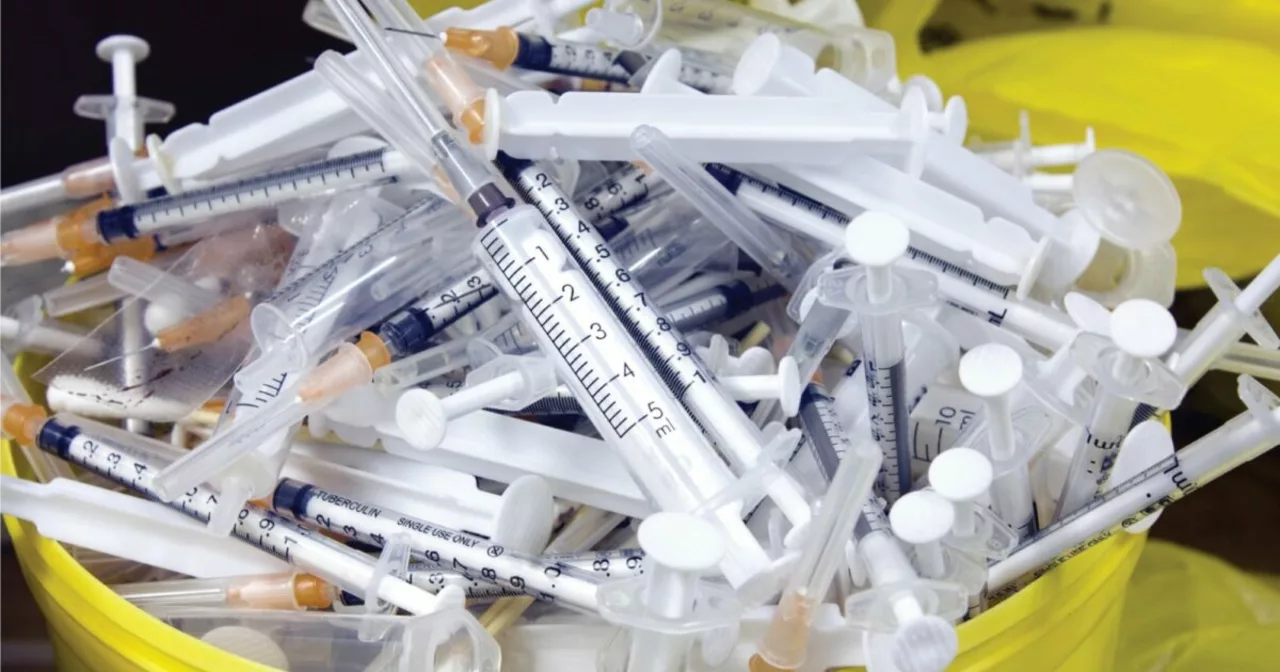Medication Disposal Made Simple: Safe Ways to Throw Out Unused Drugs
If you have pills, syrups, or patches that are past their date or just no longer needed, you might wonder how to get rid of them without harming anyone. Tossing meds in the trash or flushing them down the toilet sounds easy, but it can pollute water and pose risks to kids or pets. Below is a straightforward guide that helps you dispose of medicines responsibly.
Why Proper Disposal Matters
When drugs end up in landfills or sewers, they can leach into soil and rivers. Even low amounts can affect wildlife and eventually show up in drinking water. On top of the environmental impact, leftover meds are a common cause of accidental poisonings—especially for curious children and pets. By following safe disposal steps you protect both your household and the planet.
Easy Steps to Dispose of Meds at Home
1. Check for take‑back programs. Many pharmacies, hospitals, and local law‑enforcement agencies run free medication‑take‑back events or have permanent drop boxes. Simply bring the pills in their original containers; no questions asked.
2. Use the trash method if a take‑back isn’t available. Mix the meds with something unappealing—like used coffee grounds, cat litter, or dirt—and seal them inside a sturdy bag or container. Then place the sealed package in your regular garbage. This makes it hard for anyone to dig out the drugs.
3. Avoid flushing unless the label says so. Only flush medicines that specifically list “flush” as a disposal option, such as certain opioids. Otherwise, stick to the trash method or a take‑back site.
4. Remove personal info from labels. Before throwing away empty bottles, scrape off or cut out any name, address, or prescription numbers. This protects your privacy and prevents identity theft.
5. Keep kids and pets out of the disposal area. Store medicines in a high cabinet or locked drawer until you’re ready to dispose of them. Accidental ingestion can happen quickly if they’re left within reach.
Following these steps takes only a few minutes but makes a big difference. If you’re unsure about how to handle a particular drug, call your pharmacist—they’ll tell you the safest route. Remember, safe disposal isn’t just about cleaning out your medicine cabinet; it’s about keeping your community healthy too.
Got more questions? Browse our other articles on health tips, medication guides, and pharmacy savings for quick answers you can trust.

